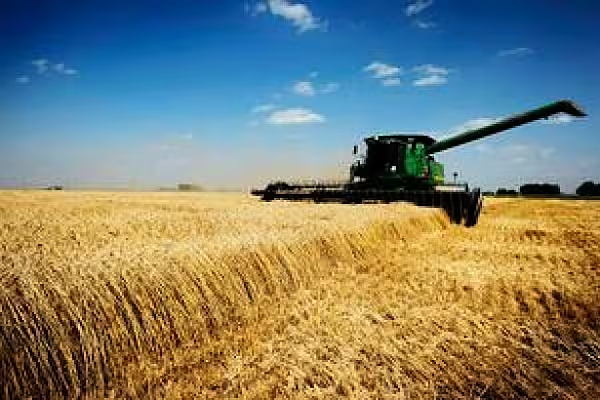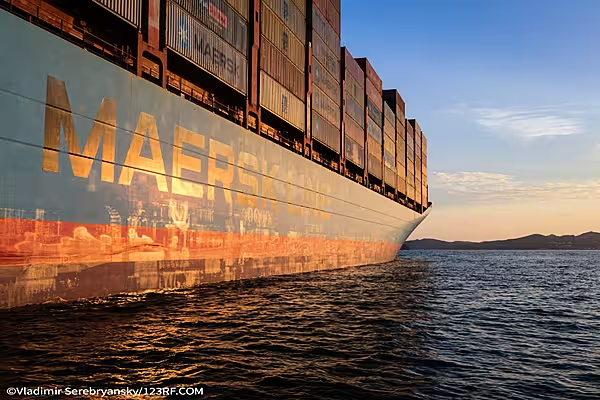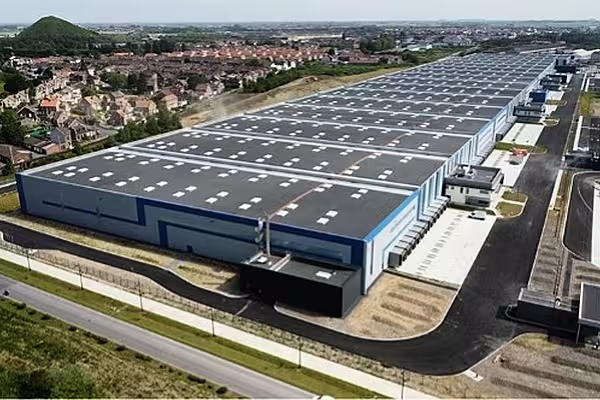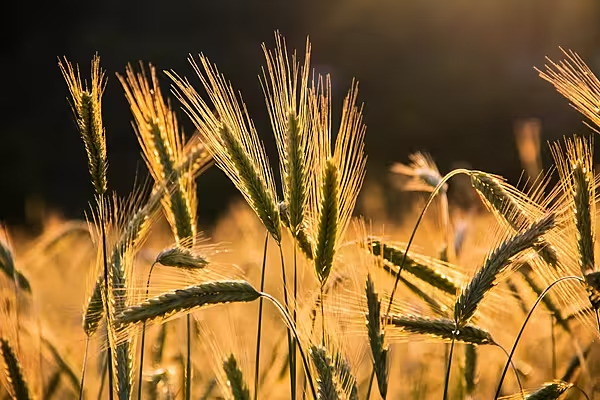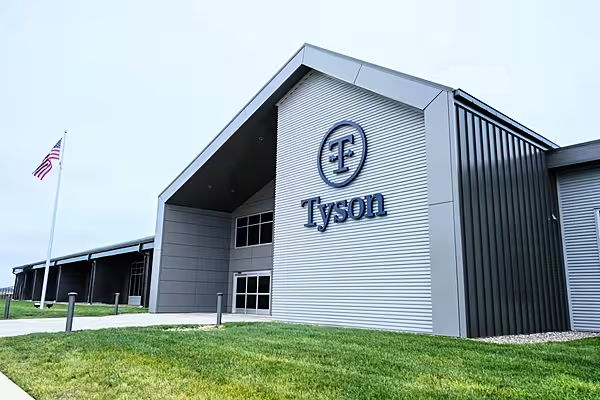A small number multinational companies control the world’s food supply chain, from seeds to pesticides, and industrial transformation to commercial distribution.
This has been highlighted in the Ipes Food report by Italian farmers lobby group Coldiretti, following a number of recent mergers and acquisitions in the industry.
The association warns that the world's 1.4 billion farmers are 'in the hands of a few large multinational groups that dictate market rules', and also 'control the purchase and marketing of agricultural and food products'.
It adds that this practice puts consumers' freedom of choice at risk, as well as food safety standards.
Food Control
According to Coldiretti, after the completion of the mergers by Dow-Dupont, Bayer-Monsanto and ChemChina-Syngenta, three companies could end up controlling over 70% of plant production for agriculture, and more than 60% of seeds globally.
It adds that about 90% of the global cereal market is currently controlled by four groups, namely ADM-Archer Daniels Midland, Bunge, Cargill, and Louis Dreyfus Commodities, while in the food processing segment, the ten largest food and beverage companies account for 37.5% of the share of the top 100 companies.
In the food retail sector, the top ten companies are responsible for 29.3% of global sales, driven by market leader Walmart.
The Coldiretti report concludes by mentioning that for every euro spent by consumers on food, less than 15 cents go to agricultural producers, while the price of a product rises almost seven times from the field to the table, due to 'distortions and speculations along the chain'.
© 2017 European Supermarket Magazine – your source for the latest retail news. Article by Branislav Pekic. Click subscribe to sign up to ESM: The European Supermarket Magazine
